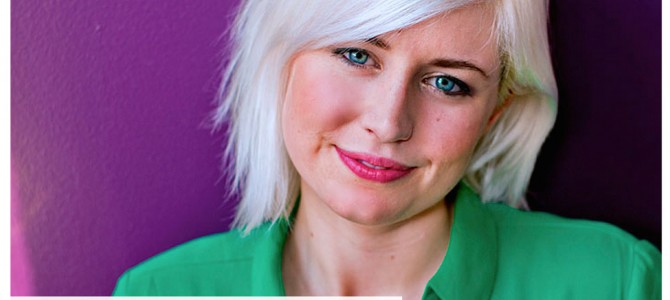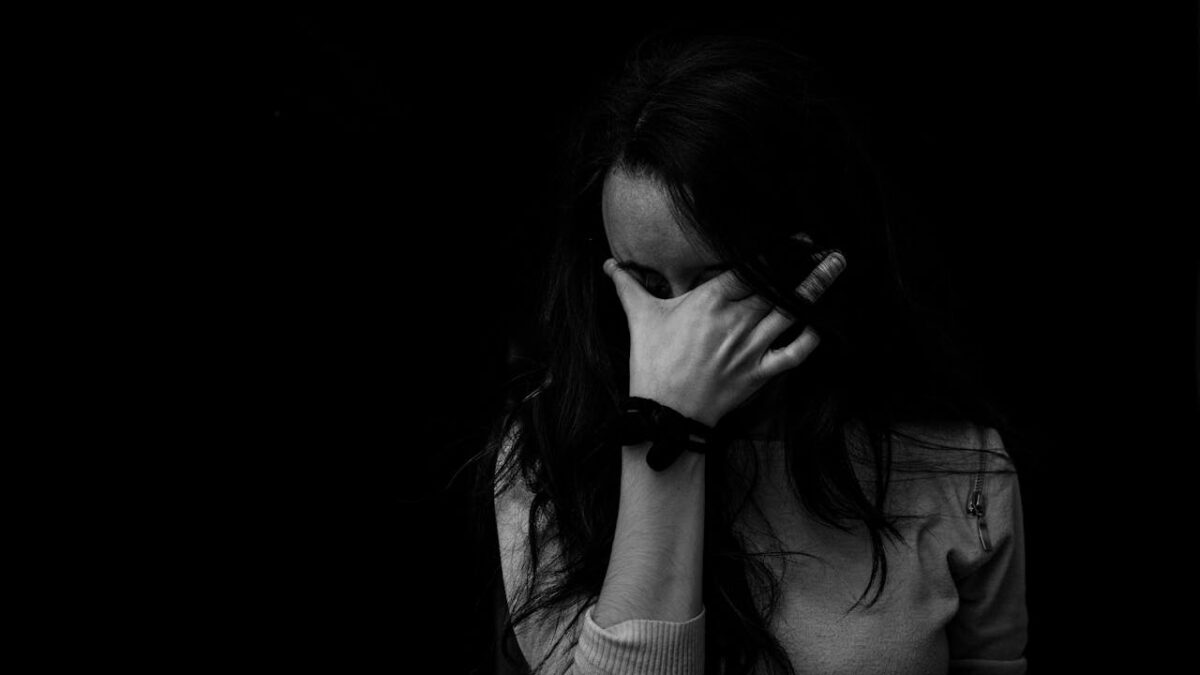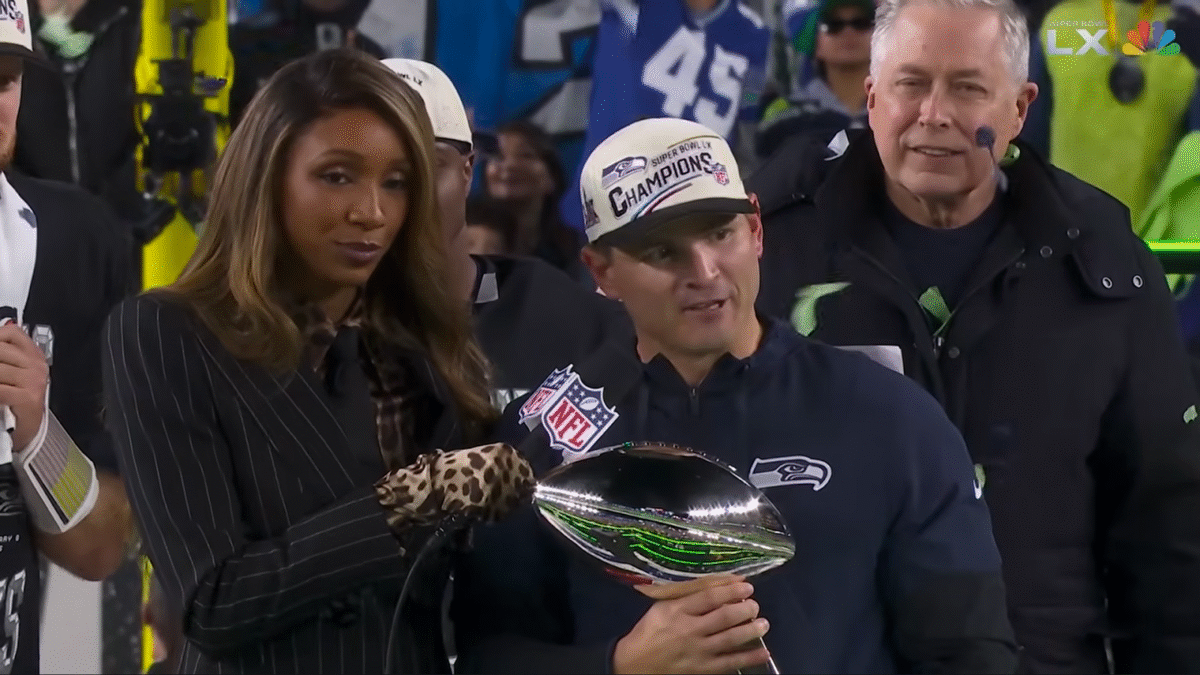I don’t believe abortion counselor Emily Letts. Having read Letts’ new Cosmopolitan magazine interview and watched her abortion video, I think she’s trying too hard to convince everyone – including herself – that her brief, autobiographical film tells a “positive” story.
Letts tells Cosmopolitan, “Still, every time I watch the video, I love it. I love how positive it is. I think that there are just no positive abortion stories on video for everyone to see. But mine is.”
That positivity feels forced. Letts does not look zen as she speaks to the camera about her decision to abort. She looks tentative. Yes, Letts smiles while she’s on the operating table and praises the staff, saying, “You guys are my heroes.” But it looks more like an actress – Letts’ previous job – remembering she has a role to play. Her clenching a clinic worker’s hand during the abortion feels more honest, conveying that she may have felt pain or anxiety.
Letts assures Philadelphia magazine, “Yes, I don’t have any guilt. . . . I feel super great about having an abortion, because it was the right decision for my life.”
I believe that the 25-year-old Letts is not ready for motherhood. After all, this is a woman who talks birth control for a living, yet shrugs off her own poor judgment: “It was a mistake to not use a condom. Life is full of mistakes. It happens.”
But who feels “super great” about having an abortion? The women I’ve known who had abortions have been changed – and emotionally scarred – by the experience. Supporting legal abortion as a theoretical option is very different from facing the choice personally. A woman is literally making a life and death decision; it’s one that lingers and can even haunt women who felt it was the best among their several bad options.
Letts is aware that such women exist. She observes, “I would say that women can feel a whole spectrum of emotions about abortion . . . I know women who did not sleep for days and nights over making this decision. I know what it means to feel empty and lost after an abortion.” Letts may know those things, but she also wants to radically change them:
As I know there are women who feel great remorse. I have seen the tears. Grieving is an important part of a woman’s process, but what I really wanted to address in my video is guilt. Our society breeds this guilt. . . . Even women who come to the clinic completely solid in their decision to have an abortion say they feel guilty for not feeling guilty. Even though they know 110 percent that this is the best decision for them, they pressure themselves to feel bad about it.
Perhaps some women feel guilty afterward because they fully feel the weight of the decision. It’s real. Now there is only imagining what might have been.
Even Letts recounts, “I remember breathing and humming through it like I was giving birth. I know that sounds weird, but to me, this was as birth-like as it could be. It will always be a special memory for me. I still have my sonogram, and if my apartment were to catch fire, it would be the first thing I’d grab.”
That sounds incongruous. First, I’ve never met a woman who hummed through labor. Second, and more importantly, if Letts believes her abortion was the right decision, why does she describe it positively as “birth-like,” and why is she so attached to her sonogram picture?
It’s a revealing comment. Even a woman who feels totally unprepared for motherhood and works as an abortion counselor sounds a note of regret. There is at least a piece of her that wants to remember the life that might have been.
I understand that Letts works at an abortion clinic and wants this video to buck up the women she meets there. However, there’s a reason abortions don’t figure prominently in fairytales or on sitcoms. Those writers grasp what Letts seems not to – namely, that abortion stories are inherently sad.
Melissa Langsam Braunstein, a former U.S. Department of State speechwriter, is a freelance writer in Washington, DC.









